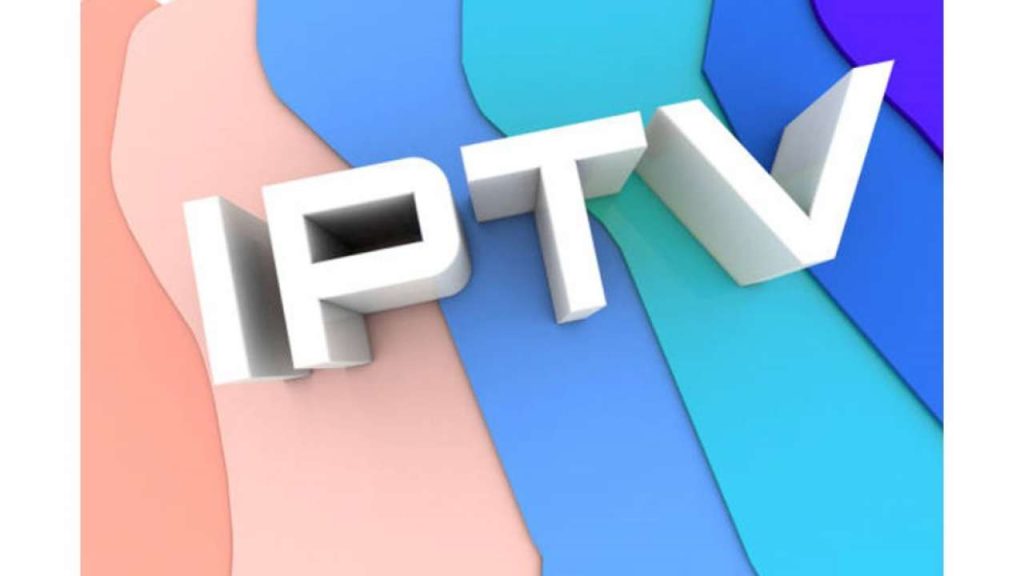Watch Anywhere, Anytime with Multiplatform IPTV Streaming Accessibility Services
IPTV, or Internet Protocol Television, has revolutionized the way we consume content, offering a seamless and flexible way to access a wide range of programming from around the globe. This technology allows users to stream television content over the internet, bypassing traditional cable or satellite systems. One of the key advantages of IPTV is its flexibility; it provides viewers with the ability to watch what they want, when they want, and on a variety of devices, including smartphones, tablets, smart TVs, and computers. This adaptability makes IPTV particularly appealing for individuals with busy lifestyles who may not always have the time to sit down and watch scheduled broadcasts. The global reach of IPTV is another significant benefit. With the internet as its backbone, IPTV transcends geographical boundaries, allowing users to access content from different countries and cultures. This has opened up new avenues for entertainment, education, and communication. Users can easily explore international news channels, live sports broadcasts, and regional programming that might not be available through traditional means. This not only broadens their viewing options but also enables a deeper understanding of global events and cultures.

Moreover, IPTV’s interactive features enhance the viewing experience by giving viewers more control over their content. The iptvnordic services offer features such as video-on-demand VOD, allowing users to select specific shows or movies from a library that is available at any time. This flexibility eliminates the need to adhere to a strict schedule, enabling viewers to watch their favorite content at their convenience. Additionally, features like pausing, rewinding, and fast-forwarding provide a more personalized experience, catering to individual preferences and viewing habits. The customization options offered by IPTV are another major advantage. Users can often tailor their subscriptions to include only the channels and content they are interested in, rather than being locked into a fixed package of channels. This allows for greater personalization, ensuring that viewers only pay for the content they want to watch. Whether it is a specific genre, language, or regional content, IPTV platforms can accommodate diverse viewing habits, making it a versatile choice for households with varied preferences.
In terms of cost, IPTV can also be more economical compared to traditional cable or satellite services. Many providers offer flexible subscription models that can be adjusted to suit different budgets. This can include pay-per-view options, free trials, and tiered pricing based on the content selection. For viewers who may not want to commit to a long-term contract, these options provide a cost-effective solution. IPTV also often eliminates the need for additional equipment, such as set-top boxes, as it can be accessed directly through internet-connected devices. Lastly, IPTV’s impact on the entertainment industry is profound. It has prompted traditional broadcasters and content creators to rethink how they distribute and monetize their content. With more viewers choosing to stream rather than watch through conventional means, there is a shift towards more on-demand and exclusive content. This has encouraged innovation in content production and distribution, leading to the creation of niche programming and the rise of independent creators.




 Moreover, IPTV services frequently come with user-friendly interfaces and advanced search functionalities, making it easy to find and access your preferred content. These services often include a variety of genres and categories, from live sports and news to entertainment and educational programming. Some IPTV providers also offer international channels, which can be a valuable feature for viewers interested in global content or who want to stay connected with programming from their home country. Reliability is a crucial factor when choosing an IPTV service, as consistent performance is essential for an enjoyable viewing experience. Look for providers with a reputation for high uptime, minimal buffering, and responsive customer support. Additionally, many IPTV services offer free trials or money-back guarantees, allowing you to test the service before committing to a subscription. This can help ensure that the provider meets your expectations in terms of content quality and service reliability.
Moreover, IPTV services frequently come with user-friendly interfaces and advanced search functionalities, making it easy to find and access your preferred content. These services often include a variety of genres and categories, from live sports and news to entertainment and educational programming. Some IPTV providers also offer international channels, which can be a valuable feature for viewers interested in global content or who want to stay connected with programming from their home country. Reliability is a crucial factor when choosing an IPTV service, as consistent performance is essential for an enjoyable viewing experience. Look for providers with a reputation for high uptime, minimal buffering, and responsive customer support. Additionally, many IPTV services offer free trials or money-back guarantees, allowing you to test the service before committing to a subscription. This can help ensure that the provider meets your expectations in terms of content quality and service reliability.